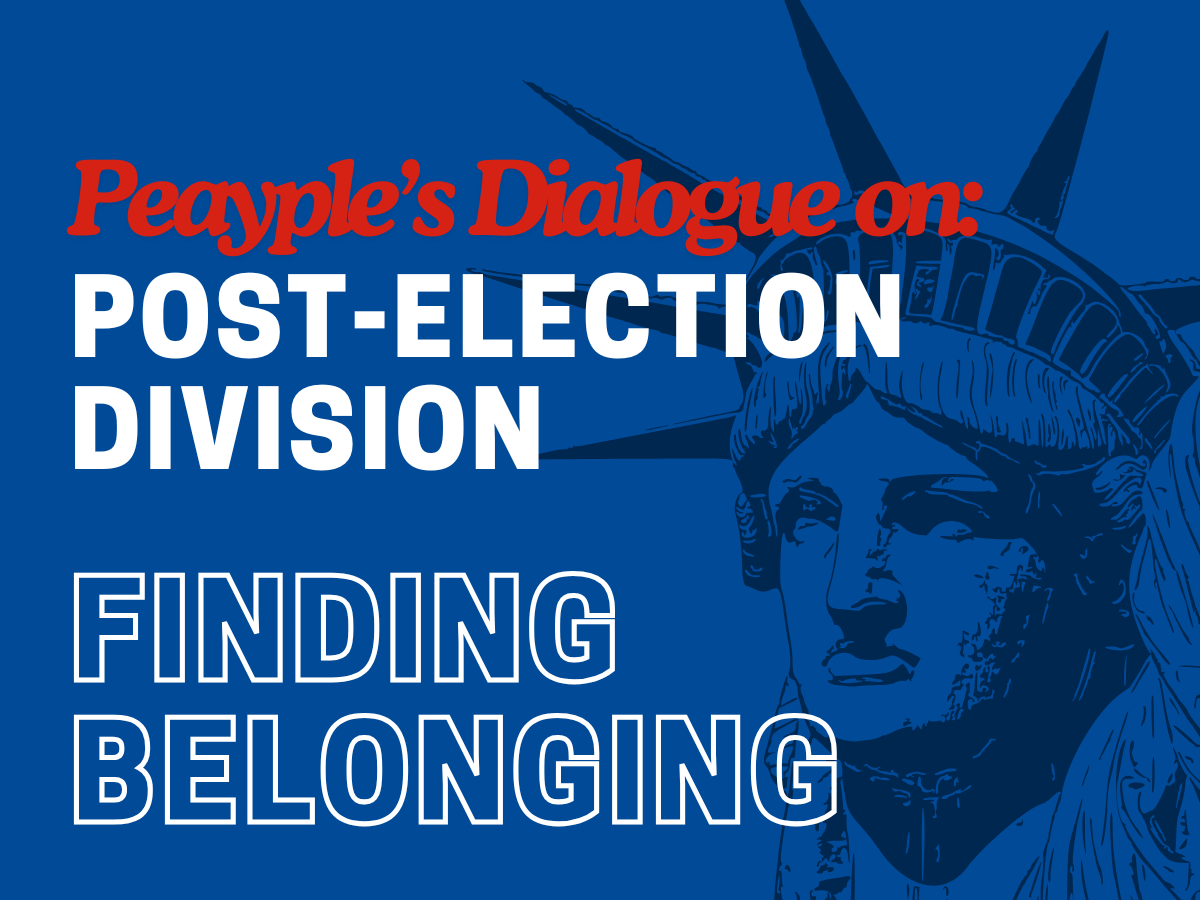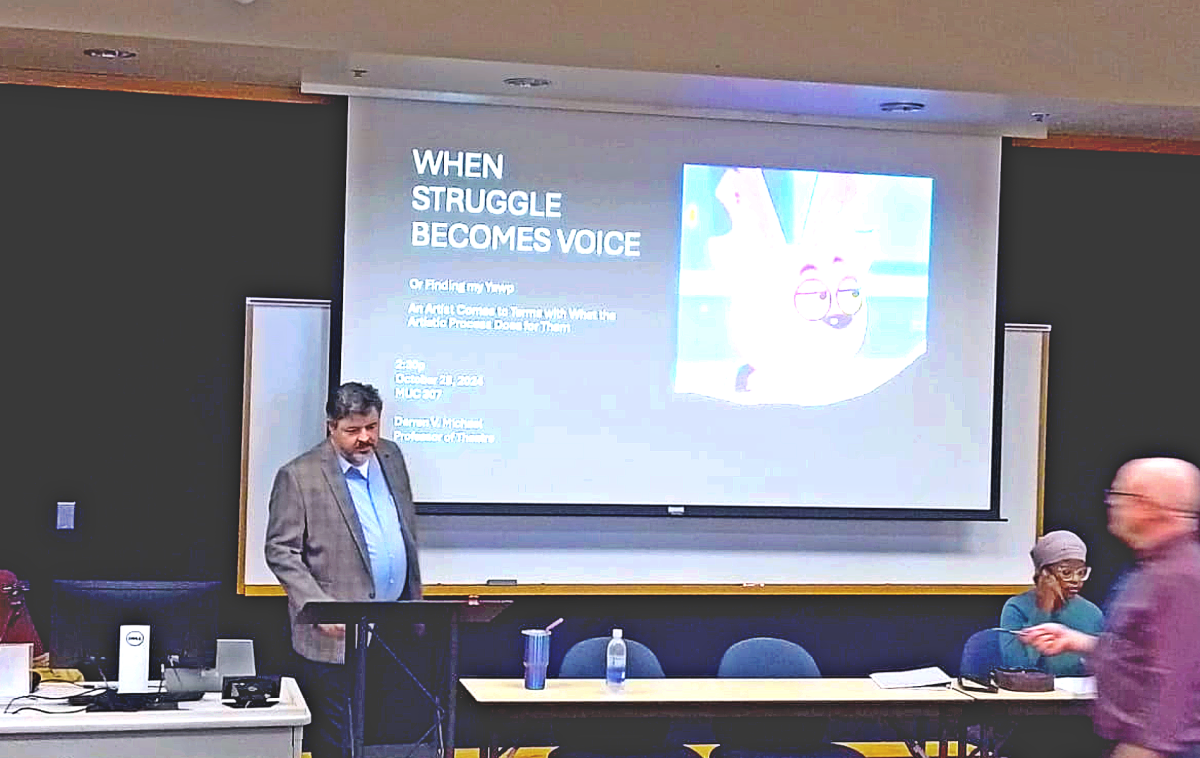Originally a novel by Stephen King, which then became a miniseries that aired 27 years ago, very few movies must meet the insane level of expectations that this film does; the audience knows it, and so do the filmmakers. The film is not just about a scary clown, and the movie itself, unlike the audience enamored with the marketing campaign, realizes this.
This movie is about a group of misfit kids living in Stephen Kings own town of Derry, tested in what that entails for them, in a story that is not over yet. People are disappearing, people are dying, all thanks to “It” terrorizing the town behind the scenes. Our protagonists, referred to as the “losers,” do not take long to realize they are all experiencing the same horrors, all the while dealing with the town bullies. The “losers” consist of seven distinctly different and relatable children. No matter who you are, at least one of the “losers” is, or once upon a time was, you.
The antagonist, Pennywise the clown, although not the primary focus of the film, dominates the screen whenever he is on. The first time you see him, in the movie’s genuinely thrilling and poetic opening, you will be hooked for all the wrong reasons. By the end of this two hour and fifteen-minute journey, it becomes clear that Pennywise has a very unique quality to him of “hey, I’m making this up as I go along,” which in it of itself is intriguing.
Although his motives are only hinted upon in this “chapter,” it is enough to keep you on your feet and anxious. The interactions that Pennywise has with each “loser” are based on their individual fears, as the character feeds on it and is more powerful in scenarios where he has the advantage of providing the terror rather than receiving it.
With a strong message of unity and the strength in numbers, seemingly the love child of “Stranger Things” and the McDonalds mascot with a bit of “Twilight Zone” influence, this coming of age story will likely make you think twice about wandering alone into places you do not belong.
Each time Pennywise can feast on a child, it is notably in situations where they are left to their own devices. The twisted “after-school special” also acts as a guide on what not to do in life, such as: not talking to strangers, particularly clowns, and not wandering into homes, particularly of the abandoned and broken variety.
“It” is a very special film in that it nails what is wrong with a lot of horror movies these days: a lack of story and meaning. Most other films in the genre involve a demon, or mentally unstable individual, attacking a group of underdeveloped cannon fodder, or “characters” then rinse and repeat for a sequel.
Fortunately, Stephen King does not write like that, so the film had to be different, and it is.
With quick and efficient character development, the story is able to progress at such a speed that there is no lull in the viewing experience; the viewer is likely fully focused the whole time.
This is not only a testament to the creative team behind the cameras, but of the on-screen talent attached to “IT.” An important part of acting is reacting, and the young adults do so effortlessly with such a relatable and likable quality.
The entire movie is odd, thrilling and unexpected, as I was expecting a more traditional horror film with a clown front and center. This movie reached out and grabbed hold of me, like a vivid dream or haunting experience.
As the final title card came on screen revealing the “Chapter One” subtitle, the audience erupted in applause. The stories of Derry, the losers and Pennywise are far from over.







